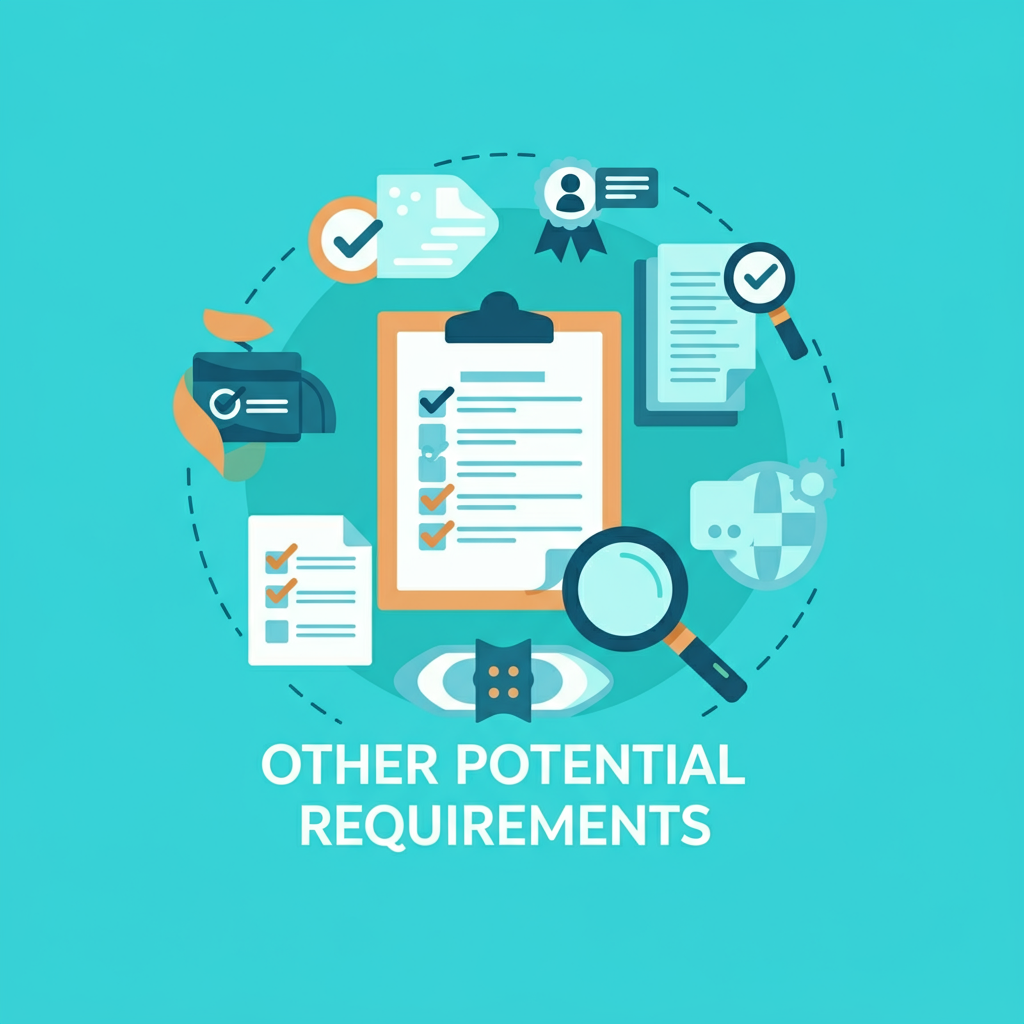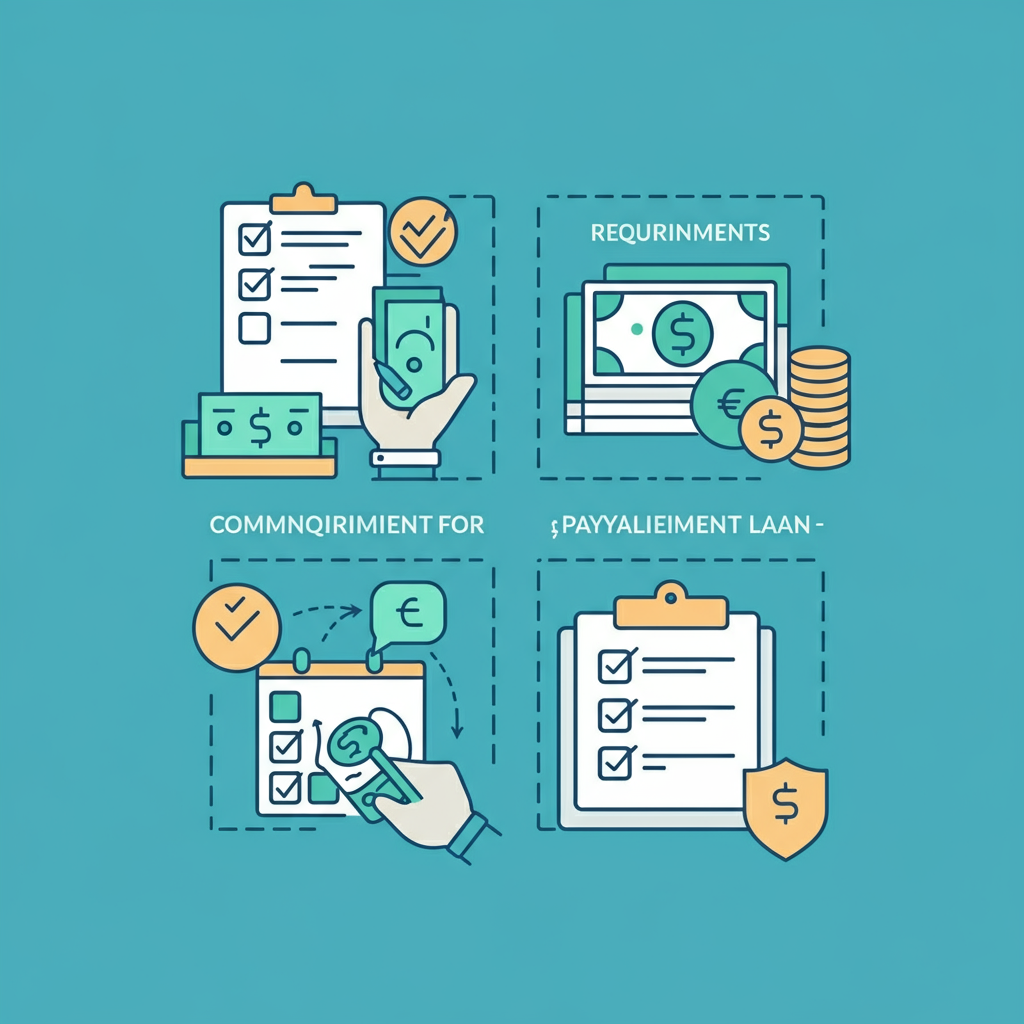When you’re in a tight financial spot, payday loans can seem like a lifeline. They promise quick cash when you need it most, whether it’s for an unexpected bill, urgent car repair, or medical expense. But before you can secure one of these fast cash loans, you need to meet specific requirements set by lenders.
This article takes a deep look at what it really takes to qualify for a payday loan. We’ll cover everything from basic eligibility criteria to lender-specific requirements, and even explore alternatives so you can make a well-informed decision.
Introduction to Payday Loans
Payday loans are short-term, high-interest loans designed to provide fast cash to borrowers. These loans are typically due on your next payday, hence the name “payday loan.” They are a popular option for fulfilling unexpected financial needs, especially for those who don’t qualify for traditional loans because of credit challenges or time constraints.
While payday loans offer quick access to funds, they come with a price. High-interest rates and fees can quickly add up if the loan isn’t repaid on time. Understanding the requirements and risks is crucial before applying.
Basic Requirements for Payday Loans
Before applying for a payday loan, ensure you meet the standard eligibility criteria most lenders use.
Age and Legal Residency
To qualify for a payday loan, you must:
- Be at least 18 years old (19 in some states).
- Be a legal resident or citizen of the United States.
Lenders are legally obligated to confirm that borrowers are of legal age and reside in jurisdictions where payday loans are permitted.
Proof of Income
Payday lenders will require proof that you have a consistent source of income. This reassures them of your ability to repay the loan. Many lenders accept:
- Recent pay stubs.
- Bank statements showing direct deposits.
- Social Security or other government benefit statements.
If you’re self-employed, freelance income or gig earnings are usually accepted, as long as you can provide documentation.
Credit Score and Payday Loans
One of the biggest appeals of payday loans is that they don’t heavily rely on credit scores. Unlike traditional banks that strictly evaluate your credit history, payday lenders are more focused on your current financial situation.
Minimal or No Credit Checks
Many payday loan providers conduct what’s called a “soft pull” to check your credit. This soft inquiry will not impact your credit score. However, some lenders skip this step entirely, making payday loans accessible to those with poor or no credit history.
Key Difference from Traditional Loans
For traditional loans like personal or auto loans, creditworthiness plays a critical role. Payday loans, on the other hand, prioritize your income and ability to repay over your credit score, making them a viable option for individuals with less-than-stellar credit.
Banking Requirements
A stable and active bank account is another critical requirement for payday loans.
Active Bank Account
Most payday lenders deposit your loan directly into your checking account. Similarly, they use the same account to withdraw the repayment on the due date. For this reason, it’s vital that your bank account:
- Is under your name.
- Has been active for at least 60-90 days.
- Is capable of electronic transfers.
Stability and History
Lenders value financial stability and will review your bank account’s history. Accounts with regular deposits and no overdraft issues increase your chances of approval.
Employment Verification
Payday lenders often verify your earnings to confirm you can repay the loan on time.
Employment and Income Sources
Lenders may contact your employer directly to verify your employment and income. If you’re not traditionally employed, alternate income sources that may qualify include:
- Social Security benefits.
- Disability or unemployment payments.
- Pension or retirement income.
Providing accurate and verifiable information is critical to avoid delays or rejections.
Other Potential Requirements

Aside from the basics, lenders may have additional criteria or require specific documentation.
Identification and Documentation
Be prepared to provide:
- A valid government-issued ID (e.g., driver’s license, passport).
- Social Security number.
- Proof of residency (utility bill, lease agreement, etc.).
State-Specific Regulations
Payday loan rules vary by state. Some states impose strict borrowing limits, while others might restrict payday loans altogether. Familiarize yourself with your local regulations before applying.
People Also Ask Section
Do I Need Good Credit to Get a Payday Loan?
No, payday lenders typically don’t require a good credit score. Your income and repayment ability are more important factors.
Can Self-Employed Individuals Qualify for Payday Loans?
Yes, many lenders accept self-employed individuals as long as they can provide proof of regular income.
How Long Does It Take to Get Approved?
Most payday loans are approved within minutes, with cash deposited into your bank account within 24 hours.
Pros and Cons of Payday Loans
Before committing to a payday loan, weigh its benefits and drawbacks.
Pros
- Quick access to funds: Perfect for emergencies.
- Few credit requirements: Accessible to those with poor or no credit.
- Straightforward application: Apply online or in-store with minimal paperwork.
Cons
- High-interest rates: Can lead to paying significantly more than you borrowed.
- Short repayment periods: Loans are due on your next payday, often leading to repayment challenges.
- Risk of debt cycle: Borrowers may fall into a repeated cycle of loan dependency.
Alternatives to Payday Loans
If you’re hesitant about payday loans, here are other options to consider:
- Personal loans: Offered by banks and credit unions with more favorable terms.
- Credit union loans: Many credit unions provide small, short-term loans with lower interest rates.
- Borrow from family or friends: While not always easy, this option avoids high fees and interest.
- Get a side hustle: Gig work, such as ridesharing or freelancing, can provide quick cash.
Exploring alternatives can help you avoid the pitfalls of payday loans while still addressing your financial need.
Making an Informed Decision
Navigating financial challenges is never easy, but understanding your options can help you make better decisions. Payday loans offer quick cash for those in urgent need, but they come with significant costs and risks. By knowing the requirements, benefits, and drawbacks, you can decide whether this route is right for you.
If a payday loan seems like the best option for your situation, be sure to understand your lender’s terms and regulations to avoid surprises.
